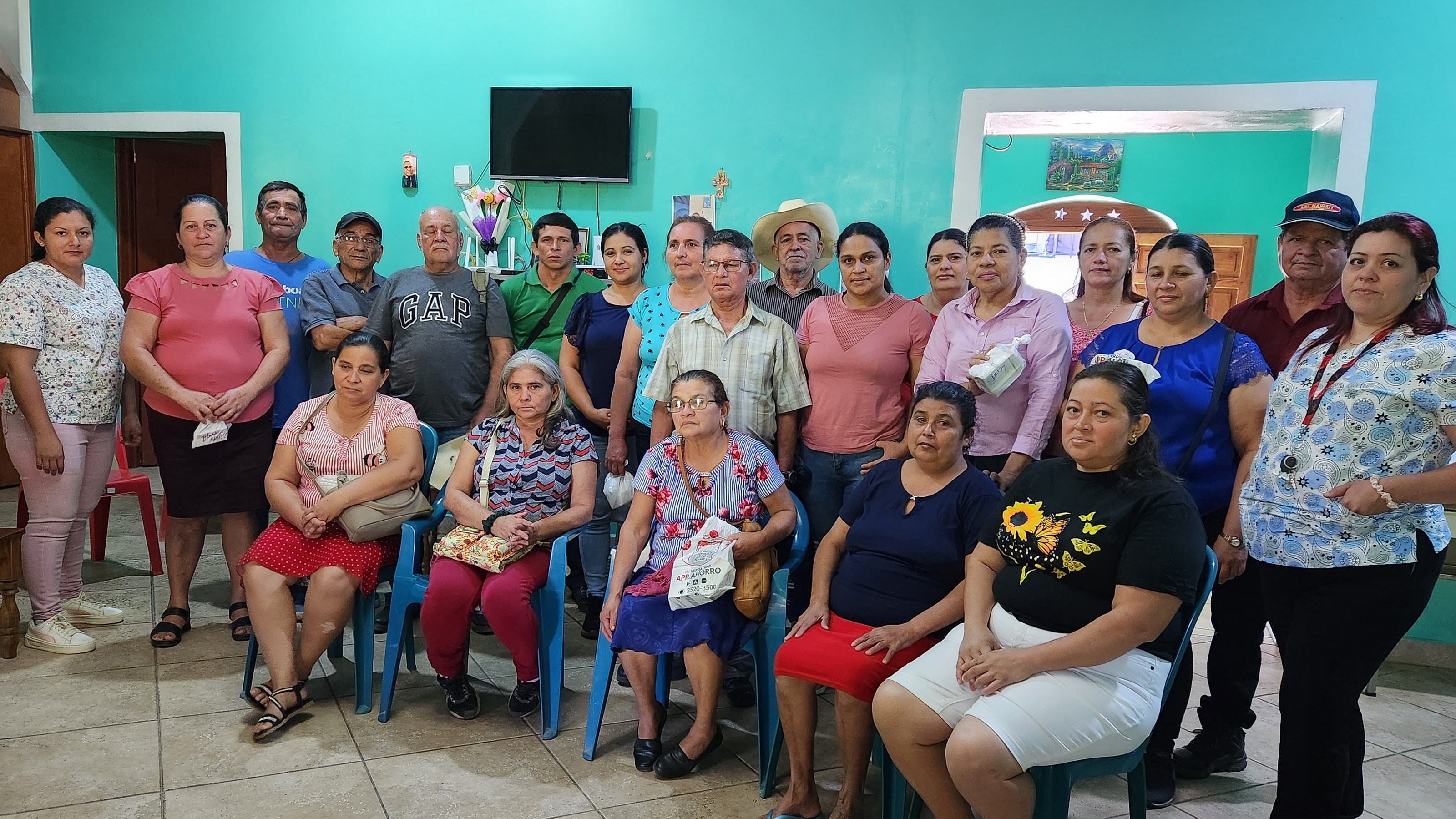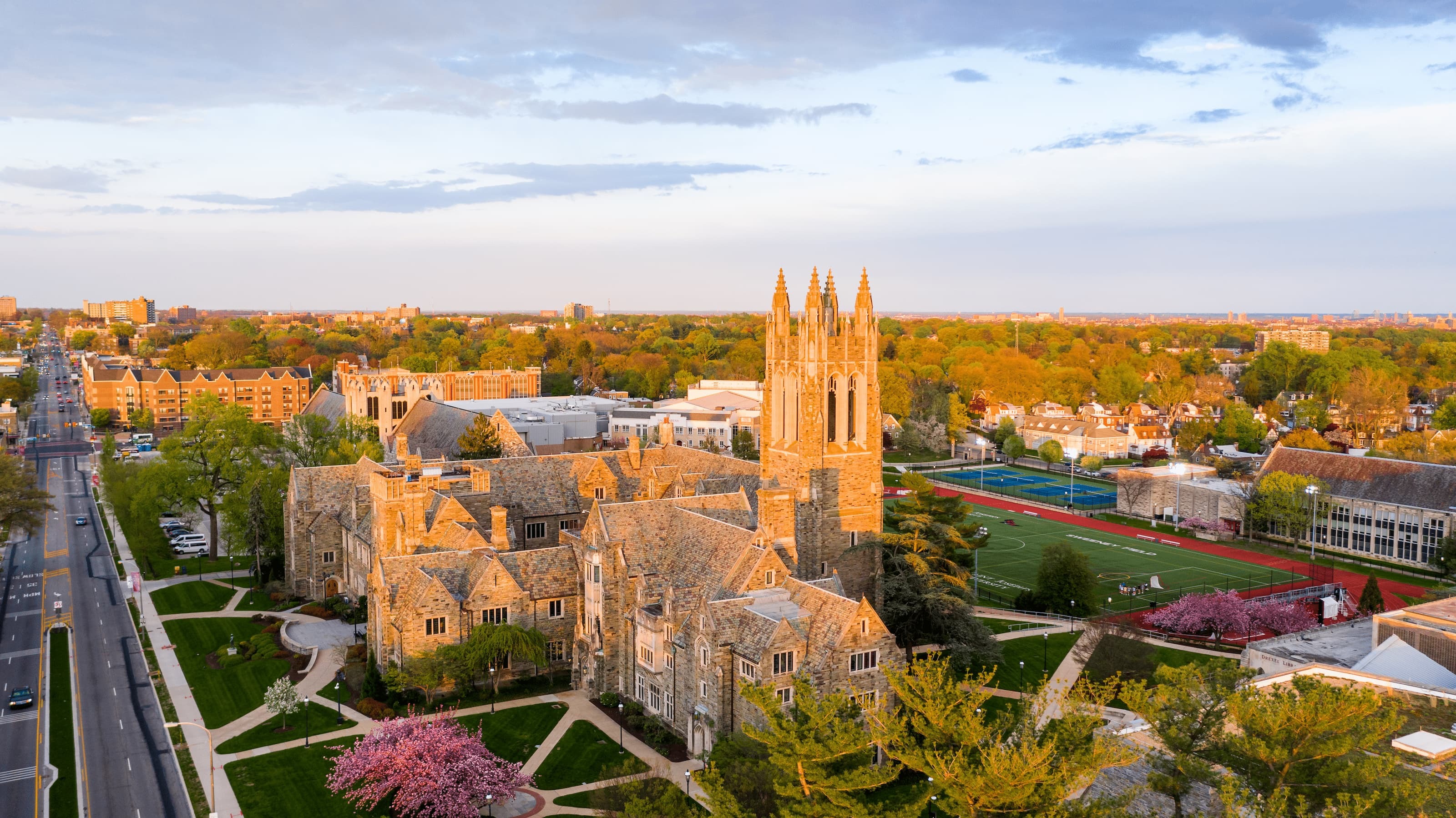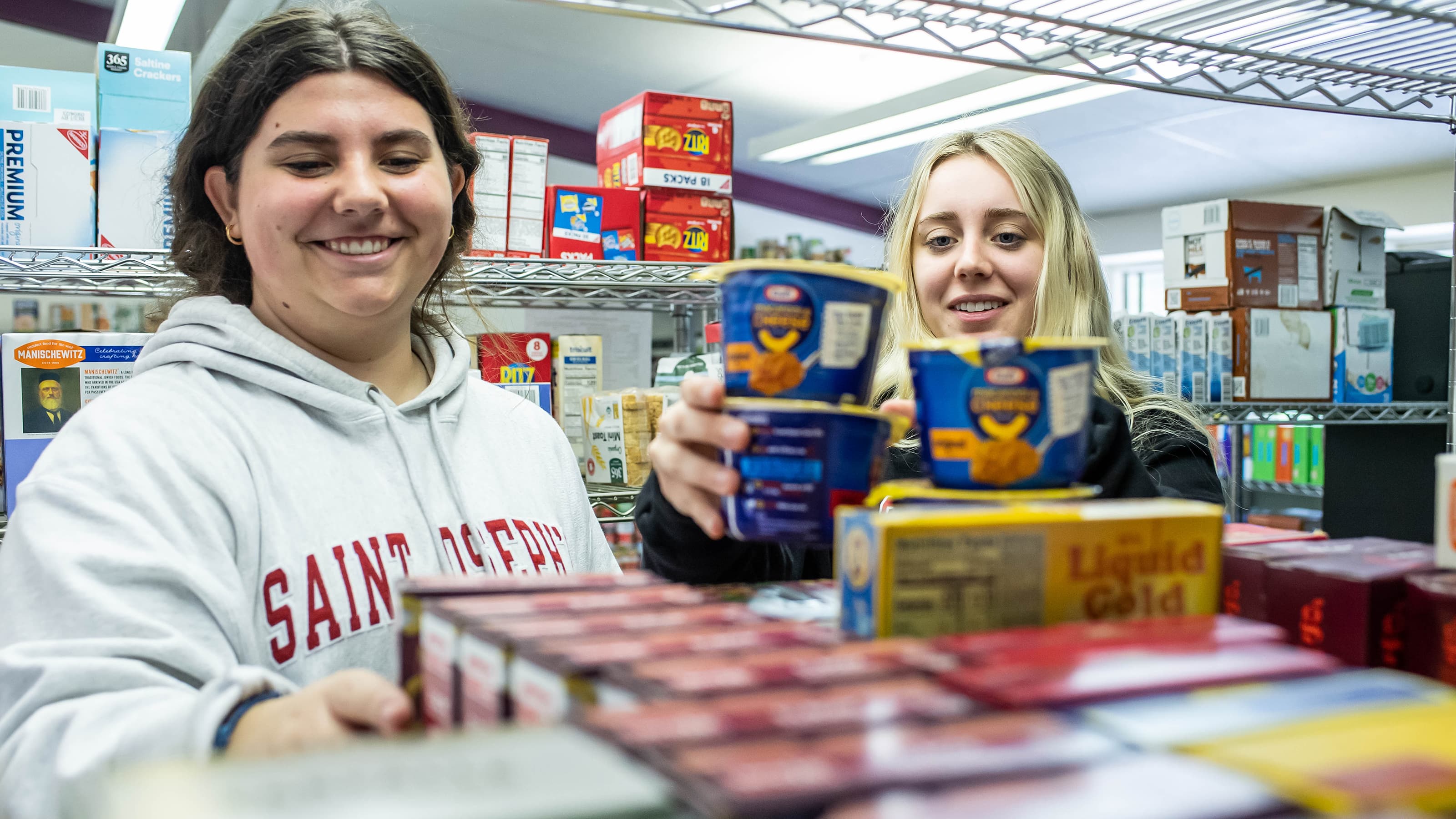Saint Joseph’s Prevention Academy Impacts Thousands of Students Across Delaware County
Since its launch last summer, Prevention Academy has met with over 3,300 Delaware County students, equipping them with the tools to make positive, informed decisions about substance use.
 Cardinal O’Hara High School students listen to Erin Ryan, a prevention specialist for Saint Joseph’s University’s Prevention Academy, on Dec. 3, 2024
Cardinal O’Hara High School students listen to Erin Ryan, a prevention specialist for Saint Joseph’s University’s Prevention Academy, on Dec. 3, 2024
As dozens of students filed into a crowded classroom at Cardinal O’Hara High School, Erin Ryan, a prevention specialist for Saint Joseph’s University’s Prevention Academy, posed a simple but impactful question: “How many of you know someone who vapes, uses nicotine pouches or marijuana?” After a moment of hesitation, the majority of hands went up.
A recent study funded by the National Institutes of Health found adolescent substance use has remained at historically low levels for the fourth consecutive year. However, the response from Cardinal O’Hara students underscores the need for continued education and conversation. That’s why the Academy focuses not just on prevention, but also on equipping students with real-world strategies to navigate substance-related situations.
Ryan explained most peoples’ interactions with substances are casual, often occurring within their social circles, rather than through overt peer pressure from strangers. Prevention Academy workshops emphasize practical refusal strategies and support networks, empowering students to make informed choices.
This session at Cardinal O’Hara was one of 20 intensive education programs the Prevention Academy facilitated during the fall 2024 semester, reaching more than 3,300 students across 12 schools in Delaware County. Since its inception in May 2024, the Academy has grown significantly, supported by ongoing funding from Delaware County’s opioid settlement fund. Most recently, it was awarded $788,000 in its third round of funding, further expanding the program’s reach in the coming year.
“We have almost, if not, every single day booked with programming in February,” says Kiersten Simon, MEd ’08, CAADC, director of Saint Joseph’s Prevention Academy. “We hired six new prevention specialists, bringing our total to 11. This program is exploding.”
The Academy’s growth has sparked conversations about expanding into Montgomery County, launching a prevention podcast and conducting more in-depth research. Feedback from students has been overwhelmingly positive, according to Allison Dukes, PhD, assistant professor of mental health counseling and faculty director of Prevention Academy.
“You can tell that students are excited to be at the start of something new in their community,” says Dukes. “Students have shared, through our new feedback forms, how this program will be helpful for others.”
Dana Keith, MEd, a registration investigator and specialist at the William Penn School District, has witnessed the program’s influence firsthand.
“I’ve had elementary students tell me, ‘I will never vape,’” Keith says. “I just love that Prevention Academy is a vessel for raising awareness and sparking important conversations with our young people. It is truly making a difference and we’re grateful for the opportunity to have it in our schools.”
This isn’t just about saying no to drugs – it’s about self-discovery. Who do you want to be as a person? What values do you have? What is important to you? We are allowing more conversations to happen and allowing students to be more informed and empowered.
Taylor Moran
Assistant Director of Prevention AcademyWhile anecdotal feedback has been encouraging, the Academy is committed to gathering empirical evidence of its impact. Dukes is currently working to secure Institutional Review Board (IRB) approval to formalize research efforts. By spring 2026, the Academy aims to earn Blueprints certification, a rigorous endorsement for evidence-based programs proven to positively impact youth development, behavior, education, emotional well-being and substance use prevention.
“This is an underdeveloped area of research,” says Dukes. “Earning this certification will allow us to refine our programming and ensure we’re providing the best possible resources to students.”
As the Academy continues to expand, its mission remains clear: helping students make healthier, informed choices. Taylor Moran, assistant director of Prevention Academy, highlights the program’s broader impact.
“This isn’t just about saying no to drugs – it’s about self-discovery,” says Moran. “Who do you want to be as a person? What values do you have? What is important to you? We are allowing more conversations to happen and allowing students to be more informed and empowered.”



